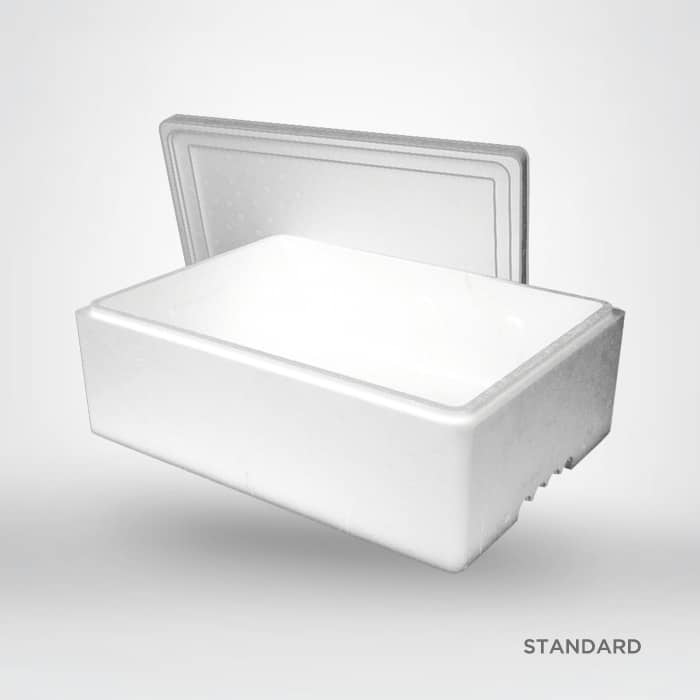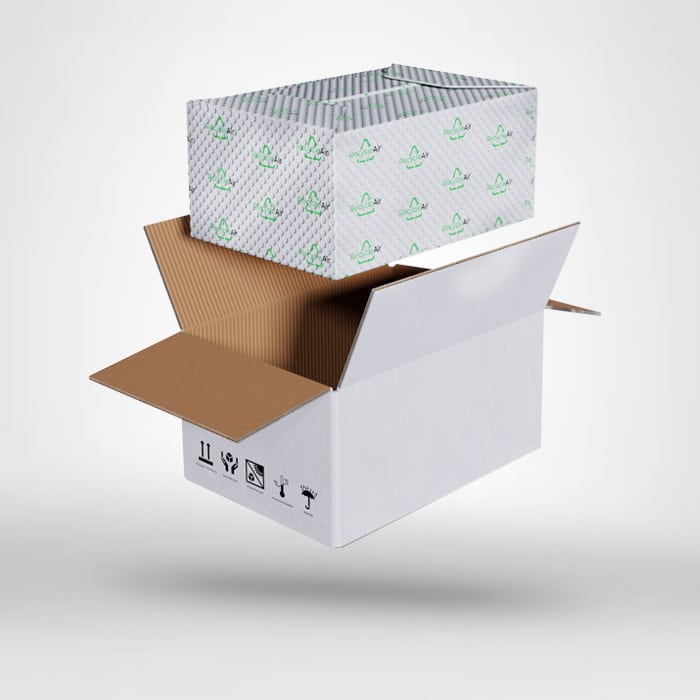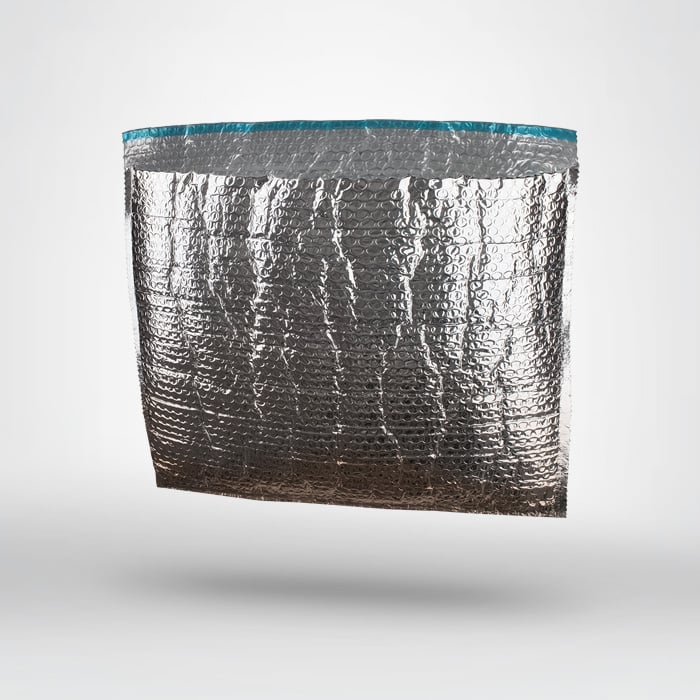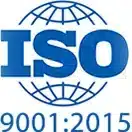Trusted by leading companies
Fresh food logistics
- Optimal Temperature Control
- Sustainable Packaging Solutions
- Freshness Guaranteed Delivery
Optimized Fresh Food Logistics
Fresh food logistics ensures perishable goods reach consumers in perfect condition. From farm to fork, precision, efficiency, and strict temperature control are essential. At Hydropac, our FreshPac range offers temperature-controlled packaging, including EnviroCool, RecycleAir, and ReflectiveAir, to maintain freshness and extend shelf life. Whether shipping dairy, fresh fish, or chilled meals, proper temperature control prevents spoilage and ensures food safety compliance. With gel packs, ice packs, and insulated containers, we help businesses streamline logistics, reduce waste, and enhance sustainability. Real-time tracking ensures perishable cargo arrives in optimal condition. Through cutting-edge technology and eco-friendly solutions, Hydropac supports food businesses in delivering high-quality fresh products while overcoming logistical challenges.
Discover Fresh food logistics
Hydropac isn’t just packaging; it’s a revolution of quality, innovation, and sustainability. Join us on this exciting journey to redefine packaging excellence.
Ensuring freshness from source to shelf
Maintaining freshness in food logistics requires more than just transportation—it’s about precision, compliance, and efficiency at every stage. With rising consumer expectations and strict food safety regulations, businesses need reliable, temperature-controlled solutions to keep perishable goods at peak quality. Hydropac’s FreshPac range is designed to meet these challenges with innovative cooling and insulated packaging solutions that ensure fresh products reach their destination in perfect condition.
Key challenges in fresh food logistics
The fresh food industry faces several logistical hurdles that impact efficiency and quality:
- Temperature control – Maintaining the ideal temperature range for fresh produce, dairy, and seafood is essential to preserve freshness and extend shelf life.
- Regulatory compliance – Adhering to food safety laws and customs regulations is crucial when transporting perishable goods across borders.
- Operational efficiency – Reducing costs while ensuring timely delivery requires advanced tracking and supply chain management systems.
- Sustainability – The demand for eco-friendly packaging and energy-efficient transport is driving innovation in cold chain solutions.
The role of temperature-controlled packaging
High-quality temperature-controlled packaging is at the core of efficient fresh food logistics. Hydropac’s FreshPac range includes:
- EnviroCool solutions – A sustainable alternative for chilled and frozen food transport, offering high-performance insulation.
- RecycleAir insulated packaging – Made from recycled materials, ensuring eco-friendly temperature regulation.
- ReflectiveAir technology – Lightweight, reflective insulation designed for precision temperature control in refrigerated transport.
These solutions help businesses overcome logistical challenges while maintaining fresh food integrity throughout the supply chain.
Why advanced tracking and monitoring matter
Modern logistics demand real-time tracking systems to monitor perishable cargo throughout its journey. By integrating data-driven insights, businesses can:
- Ensure compliance with food safety standards.
- Optimise transport routes to improve efficiency.
- Minimise waste by identifying temperature fluctuations early.
- Enhance consumer trust through transparent supply chain tracking.
At Hydropac, we provide the tools and technology that businesses need to redefine fresh food logistics—delivering not only freshness but also reliability, sustainability, and efficiency.
Contact us directly
We are ready to answer all your questions and help you find the perfect solution for your cold chain transport.
From issue to a customised cooling solution
In this way we help you to guarantee the quality and safety of food products under all circumstances.
Mass production
Transport
End user
FAQs on fresh food logistics
What are the biggest challenges in fresh food logistics?
Fresh food logistics involves strict temperature control, regulatory compliance, and supply chain efficiency. Ensuring perishable products remain within the required temperature range during storage and transport is critical to prevent spoilage. Additionally, businesses in the fresh food sector must navigate customs regulations, food safety laws, and sustainability requirements while maintaining operational efficiency.
How does temperature-controlled packaging help in food logistics?
Temperature-controlled packaging, such as gel packs, ice packs, and insulated containers, ensures that perishable products remain at optimal temperatures throughout transit. Hydropac’s FreshPac solutions, including EnviroCool, RecycleAir, and ReflectiveAir, provide high-performance insulation to extend shelf life and protect food from temperature fluctuations.
Why is real-time tracking important for fresh food transport?
Real-time tracking allows businesses to monitor perishable cargo at every stage of the supply chain. Advanced tracking systems help detect temperature deviations, optimise delivery routes, and ensure compliance with cold chain logistics standards, ultimately reducing waste and enhancing consumer trust.
What are the sustainability trends in fresh food logistics?
The industry is shifting towards eco-friendly solutions, including biodegradable packaging, energy-efficient refrigeration, and sustainable insulation materials. Hydropac’s RecycleAir packaging is an example of an innovative, recyclable insulation solution that meets both environmental and temperature control requirements.
How can businesses improve efficiency in fresh food supply chains?
Optimising inventory management, route planning, and cold chain logistics is key to improving efficiency. Businesses should invest in automated warehouses, advanced tracking software, and temperature-controlled transport solutions to reduce costs while ensuring timely delivery and food safety compliance.







